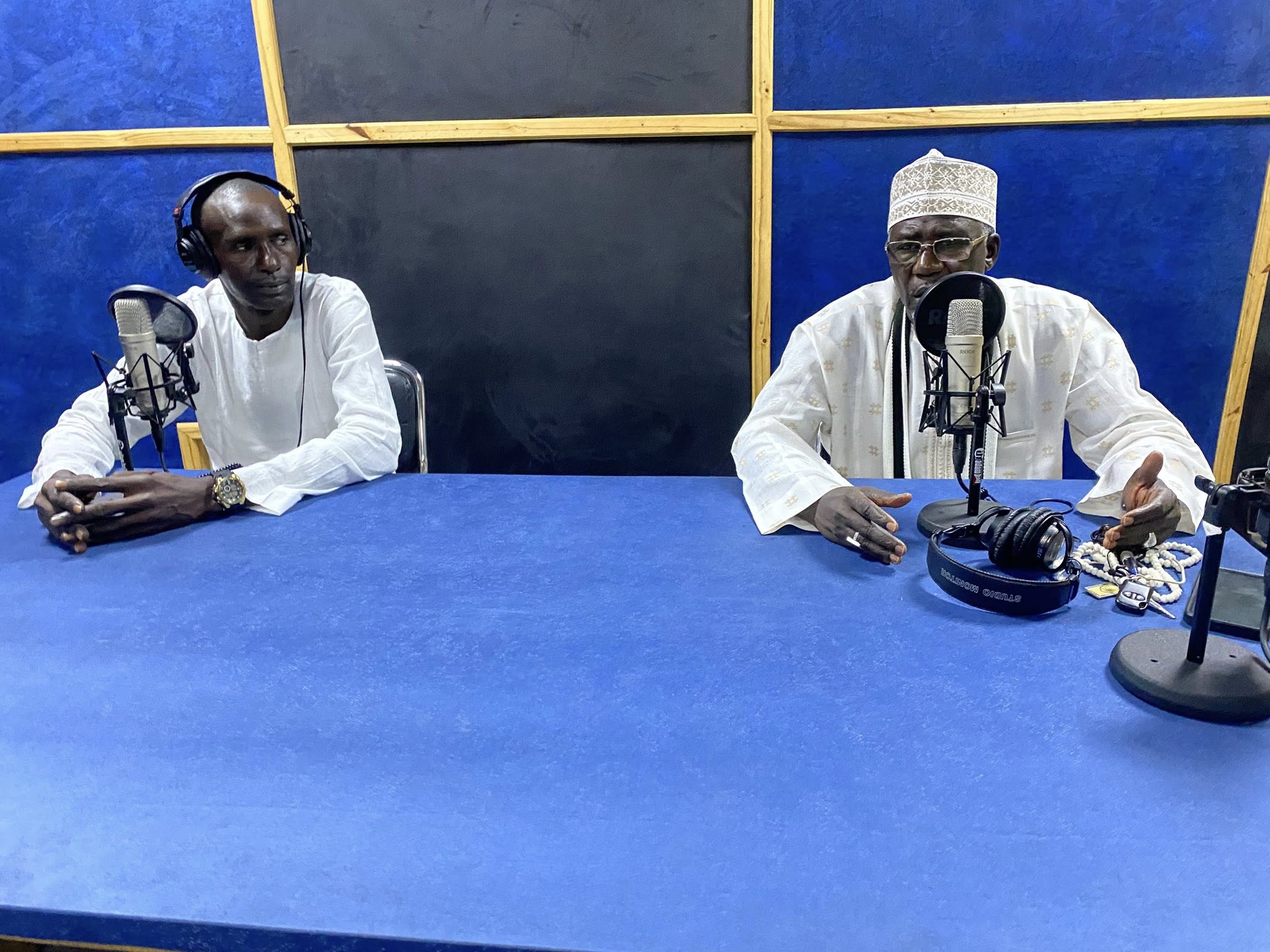FLAG-UNICEF Radio Talk Show On Harmful Traditional Practices And Upholding The Ban on FGM In The Gambia.
FLAG-UNICEF HOUR ON UPHOLDING THE BAN ON FGM.


For his part, Mr. Mass Laye spoke aabout the severe medical risks of FGM shedding light on Gambian clinical and population studies (and local NGOs) which link FGM to higher rates of obstetric complications and lifelong physical, sexual and psychological harms. Recent Gambian hospital research and program reports document these problems in local settings. He reiterated on the fact that Female Genital Mutilation (FGM) remains one of the most deeply rooted harmful practices affecting girls and women in The Gambia. While conversations around FGM often focus on tradition, culture and changing social norms, the health consequences of the practice are far less visible—and far more devastating—than many realise. Behind every statistic is a girl, a mother, a sister, or a neighbour whose life has been shaped by pain, trauma, or long-term health complications that could have been prevented.

Across communities in The Gambia, FGM is still commonly performed on young girls, often by traditional practitioners and usually without any form of anaesthesia or sterile equipment. For many, the suffering begins immediately. The sharp pain, heavy bleeding, and shock that follow the procedure can leave girls fighting for their lives. Some experience severe infections or find themselves unable to urinate due to swelling and injury. In households without quick access to medical care, these complications can escalate within hours.
But the impact does not end there. As survivors grow older, many grapple with deep, persistent pain that becomes a normal part of their everyday lives. Scarring caused during cutting can lead to repeated infections, menstrual difficulties, and cysts that sometimes require surgery. For some women, intimacy becomes painful or distressing, affecting their relationships and emotional wellbeing in ways they rarely feel safe to speak about publicly.
Imam Ousman Jah and Mr. Mass Laye
Mr.Mass Laye further laid emphasis on which are beyond the physical consequences, the emotional wounds of FGM run deep. Many survivors carry memories of fear, confusion, or betrayal from being cut at a young age. Others struggle with anxiety, depression, or trauma—feelings that are rarely addressed due to stigma or lack of access to mental-health support. The silence surrounding these experiences can be just as damaging as the procedure itself.
He further stating that ending FGM is not only about changing laws or challenging traditions—it is about acknowledging the lived realities of Gambian women and girls. It is about listening to survivors, recognising their strength, and ensuring that no child endures the pain and lifelong consequences of this harmful practice

